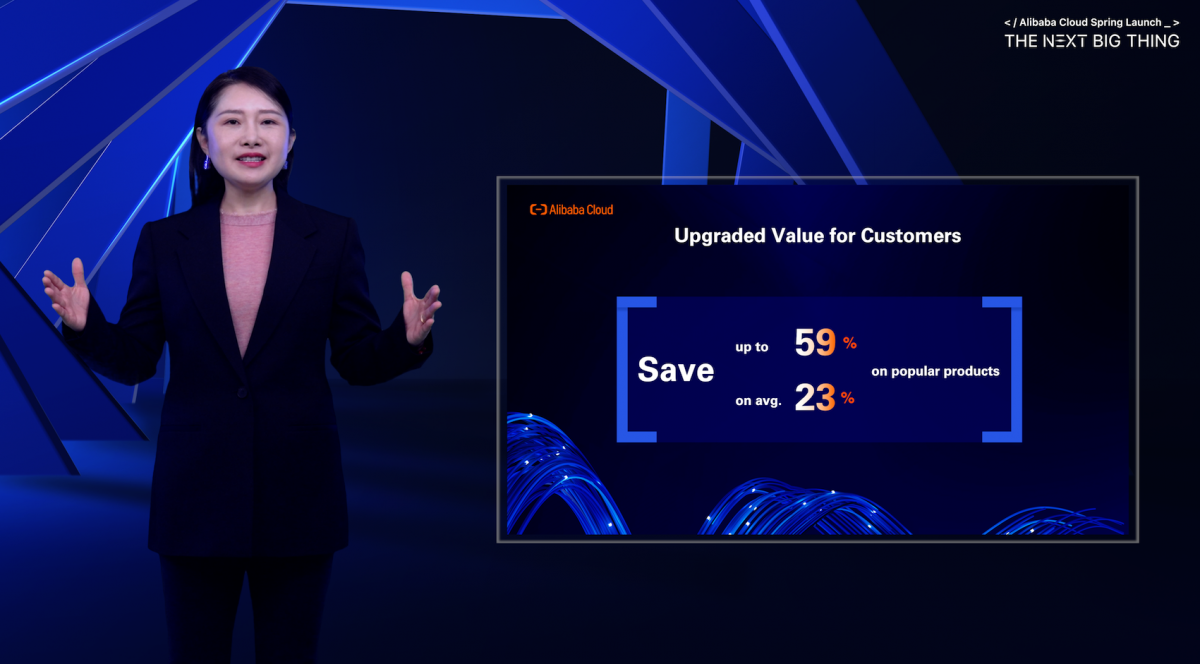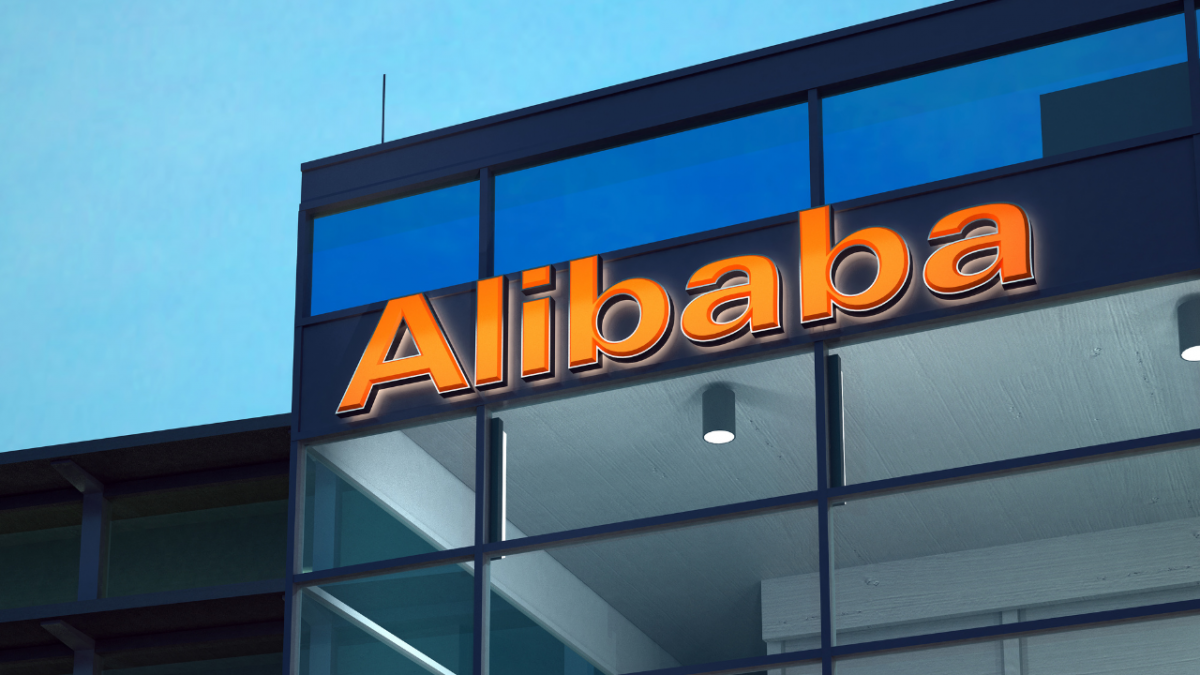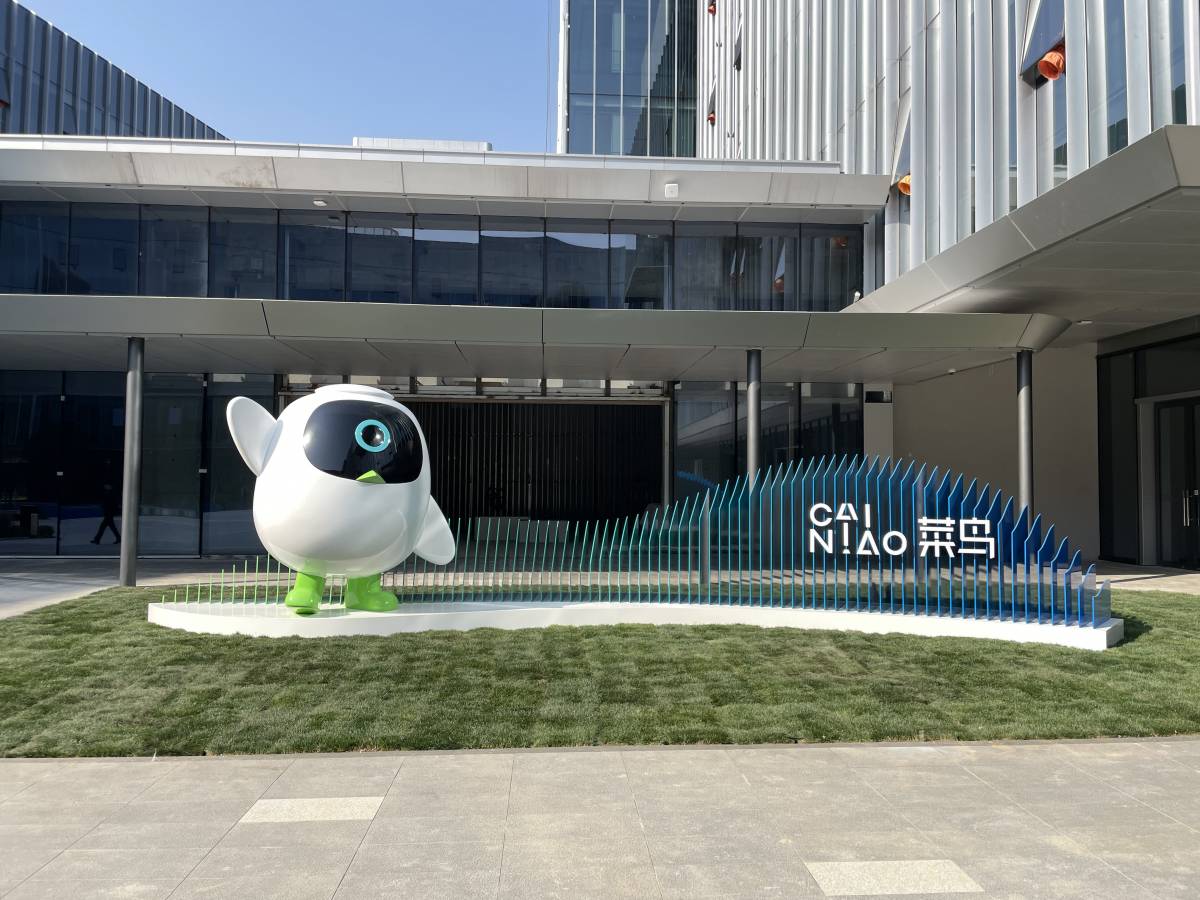
In an ongoing battle against the online sale of counterfeit merchandise, Alibaba Group, China’s largest operator of Web shopping platforms, removed an estimated 114 million listings for suspected fake goods from the company’s giant Taobao Marketplace during the first ten months of 2013.
The listing take-downs, which increased by 31 percent compared with the number of take-downs in the full year of 2012, are part of a comprehensive effort by Alibaba Group to curb intellectual property rights (IPR) infringement on its Taobao Marketplace, Alibaba.com, AliExpress, and Tmall.com e-commerce websites, according to company officials.
Alibaba’s online marketplaces host millions of independent vendors. Policing the sites for counterfeit goods is an ongoing challenge, but one that must be met to protect the rights of consumers and brand owners, Alibaba executives have said. At a press conference last year announcing an anti-piracy partnership with Chinese government and law enforcement agencies, Alibaba Group Executive Chairman Jack Ma called China’s highly organized counterfeiting industry a “cancer in society.”
Alibabarecently issued a statement on its position on piracy: “Alibaba Group is highly committed to the protection of intellectual property rights and the fight against counterfeiting. The company works with brands, associations, government agencies and other stakeholders to create visible and significant results in the intellectual property enforcement space.”
In recent years Alibaba has implemented a number of controls tocrack downon merchants that use its websites to sell fakes, including manual and automated data-filtering systems to identify and remove infringing product information, and a keyword filtering system to make it difficult for users to search for counterfeits and for sellers to list counterfeit items. Alibaba sites also have controls in place to penalize and purge repeat violators of anti-piracy rules.
Last year, Alibaba worked with more than 1,000 brand owners as well as major international trade associations to identify and remove IP-infringing goods from its sites. The company also collaborates with Chinese government and law enforcement officials in the investigation and prosecution of major counterfeiting operations.
Read on for details about Alibaba Group’s anti-piracy efforts:
– Taobao Marketplace encourages ethical business practices among vendors who use the platform through a points system. Every registered seller receives a certain number of points every calendar year and if the seller is found to have sold counterfeit products or otherwise infringed IP rights, points are deducted according to the severity of the infraction. When all the points are gone, the seller (identified by his national ID) is permanently removed from the platform. In 2013, the system was strengthened so that any vendor penalized four times within a year for selling IPR infringing goods is permanently banned.
– In cooperation with brand owners, Taobao Marketplace every year conducts 30 to 50 targeted website cleanup campaigns focusing on specific brands or products. IPR holders can register to participate in the cleanups and assist in the process by providing Taobao staff with lists of characteristics indicative of possible infringing items that can be used to root out fakes.
– Taobao Marketplace operates an online system so that brand owners can quickly and relatively easily file complaints against merchants and get offending listings removed from the site. Alibaba last year created a one-stop IP protection service called Ali IP Platform (IPP). This platform allows for greater cooperation between global rights holders and the various websites under Alibaba Group.
– To educate merchants, Alibaba produces an IP Protection Handbook that is distributed to rights holders and sellers. Taobao University, an Alibaba e-commerce training program for small businesses, operates online courses in the basics and importance of IP protection.
– Taobao Marketplace vendors who want to sell optical disks are required to display on their virtual storefronts proof that they are licensed resellers of digital content.
– To sell on Tmall.com, Alibaba’s B2C website, merchants must put up a sizeable deposit. Merchants caught selling counterfeits can lose their deposits and their stores may be closed. Deposits are also used to reimburse buyers of fake goods, who are eligible to receive refunds of five times the purchase price.
– In 2013, Alibaba Group cooperated with Chinese law enforcement agencies in 77 intellectual property infringement cases that resulted in the arrests of suspects from 51 counterfeiting rings. The amount of merchandise involved in the investigations totaled RMB 360 million. The previous year, Alibaba Group provided information involving 72 brands to law enforcement that resulted in the arrests of 324 suspects from 43 counterfeiting rings. The amount of merchandise involved totaled RMB 170 million.
– Alibaba Group has worked with numerous luxury brands including Louis Vuitton, Gucci, Chanel and others to clean up Taobao Marketplace. In March 2011, Taobao worked with 89 international brands in a cleanup operation where enforcement action was taken against 370 members. In June 2012, Alibaba worked with Tory Burch in the removal of 17,000 listings for suspected counterfeit products. From June to September last year, 40 brands including Nike, Adidas and Prada took part in a cleanup operation of athletic shoes, watches and bags on Taobao Marketplace. As a result of that operation, more than 40,000 sellers were penalized.
– In December 2012, Taobao was removed from the United States Trade Representative’s list of “notorious markets” for piracy. The report cited Taobao’s “notable efforts” to work with right holders directly or through industry associations.
Alibaba Group’s Key Anti-piracy Partnerships:
– In September 2012, Taobao Marketplace and the Motion Picture Association of America (MPAA) signed a memorandum of understanding (MOU) to increase cooperation to fight digital-content piracy. The MPAA, whose members include Walt Disney Studios Motion Pictures, Paramount Pictures, Sony Pictures Entertainment and others, agreed to work with Taobao to identify and remove listings for content deemed to be illegal copies.
– In August 2013, Taobao Marketplace and the International Anti-Counterfeiting Coalition (IACC) signed an MOU to make it easier for rights holders to submit takedown notices. The U.S.-based IACC has more than 250 members and counts well-known companies like Apple, Coach and Burberry among its members.
– Taobao Marketplace and luxury brand Louis Vuitton signed an agreement in Paris last year to establish a cooperation mechanism for IP protection.
– In 2013 Alibaba Group announced that it will partner with five Chinese government bureaus and ministries such as China’s Ministry of Public Security to fight counterfeiting andIPR infringement offline.
– In December 2013, Taobao Marketplace and Coach expanded a previous anti-counterfeiting MOU by strengthening cooperation in the identification and removal of listings and merchants of counterfeit Coach products.




